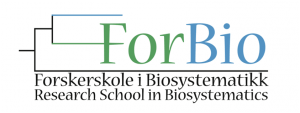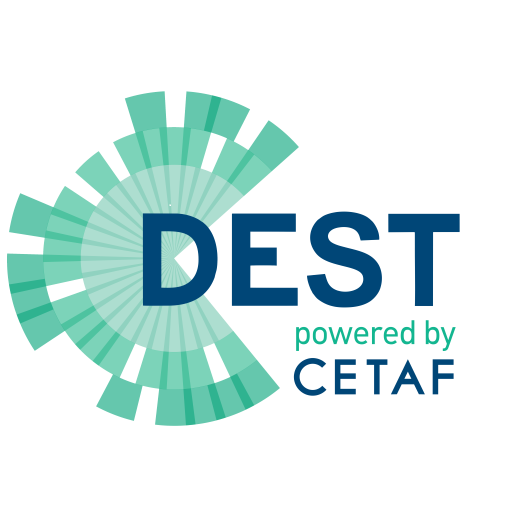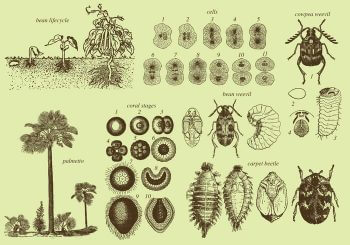
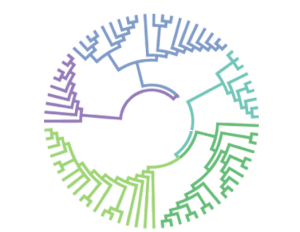
Date : recurring
Course description
Biological taxonomy is the fundamental discipline that deals with the description, naming, classification and identification of organisms. It is the essential unifying backbone for organizing and interrelating all biodiversity information. Especially with the current biodiversity crisis, there is an increasing need of sound taxonomic information and expertise for the successful implementation of biodiversity policies and management programs. However, the last decades are witnessing a continuous loss of taxonomic expertise, because of redirected research priorities, budgetary cuts, and the fact that taxonomy is disappearing from academic curricula. The transfer of taxonomic knowledge and skills to new generations is however crucial to counter this trend of declining taxonomic expertise, which hampers the study and conservation of biodiversity.
Furthermore, as the volume of available biological information is ever-increasing so is the need for digital skills and competencies across scientists. Discovering, evaluating, understanding and analysing data at an unprecedented scale and rate is needed to enable taxonomy to contribute towards urgent societal challenges. To meet this need and to increase the interest, knowledge and skills in taxonomy, a two and a half-weeks theoretical and practical course are be organised to offer students and early career researchers from the WIO-region the opportunity of acquiring fundamental expert knowledge in taxonomy.
A wide variety of topics are covered to learn how to describe, illustrate and write about biodiversity using different methods and techniques.
Date :
Recurring
Course description
Biological taxonomy is the fundamental discipline that deals with the description, naming, classification and identification of organisms. It is the essential unifying backbone for organizing and interrelating all biodiversity information. Especially with the current biodiversity crisis, there is an increasing need of sound taxonomic information and expertise for the successful implementation of biodiversity policies and management programs. However, the last decades are witnessing a continuous loss of taxonomic expertise, because of redirected research priorities, budgetary cuts, and the fact that taxonomy is disappearing from academic curricula. The transfer of taxonomic knowledge and skills to new generations is however crucial to counter this trend of declining taxonomic expertise, which hampers the study and conservation of biodiversity.
Furthermore, as the volume of available biological information is ever-increasing so is the need for digital skills and competencies across scientists. Discovering, evaluating, understanding and analysing data at an unprecedented scale and rate is needed to enable taxonomy to contribute towards urgent societal challenges. To meet this need and to increase the interest, knowledge and skills in taxonomy, a two and a half-weeks theoretical and practical course are be organised to offer students and early career researchers from the WIO-region the opportunity of acquiring fundamental expert knowledge in taxonomy.
A wide variety of topics are covered to learn how to describe, illustrate and write about biodiversity using different methods and techniques.
Detail of modules
Teachers

Dr. Matz Berggren
Department of Marine Sciences, University of Gothenburg

Dr. Charles Oliver Coleman
Museum für Naturkunde, Berlin
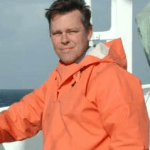
Dr. Tomas Cedhagen
Department of Biosciences - Aquatic Biology, Aarhus University

Dr. Gábor Lövei
Department of Agroecology - Crop Health, Aarhus University

Dr. Dimitrios Koureas
Naturalis Biodiversity Center
Date:
28 October – 8 November 2019
Course language:
English
Location:
Tollboden
Storgaten 43
1440 Drøbak
Norway
Target audience:
Late MSc students, PhD students, and early career researchers.
Criteria for selection will be motivation and usefulness of the training for your career.
Participant quota:
18 people
**Course will be cancelled if the number of 18 participants is not reached
Fee:
€800
This includes course fee, teaching material, accommodation, and meals. Travel is not included.
Payment
Payment deadline and details will be provided upon acceptance to the course.
Target audience:
Late MSc students, PhD students, and early career researchers.
Criteria for selection will be motivation and usefulness of the training for your career.
* Payment deadline and details will be provided upon acceptance to the course.
* Funding: ForBio is a co-organiser of this course and provides financial support. It will cover the registration fee and travel costs for members (not associates) registered at Norwegian universities and research institutes. The course also receives financial support from the Swedish Species Information Centre ArtDatabanken.

